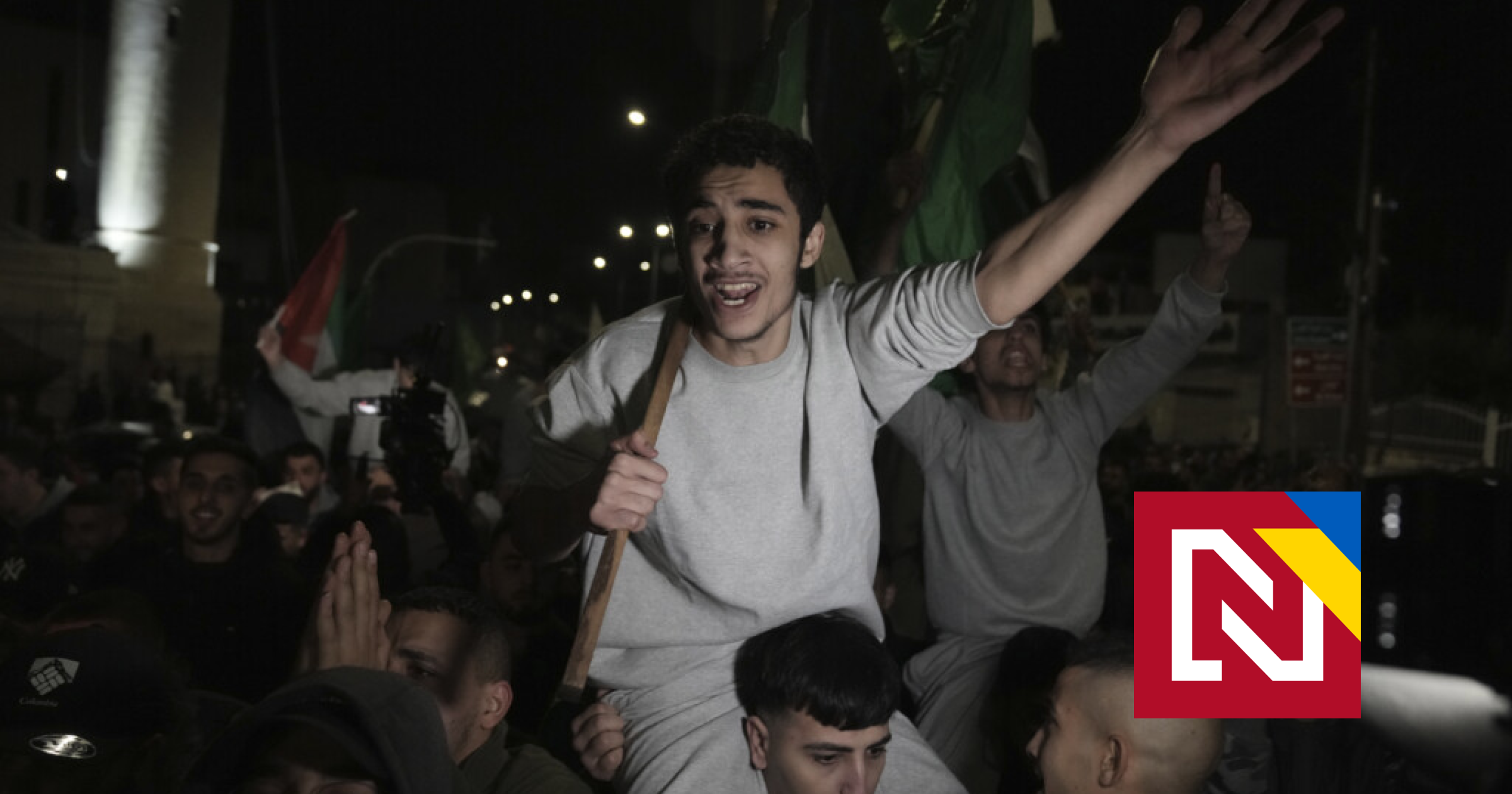After more than six weeks of heavy fighting, the Gaza Strip has been quiet since Friday morning.
Israel and Hamas agreed to a four-day ceasefire during which they exchanged Hamas hostages for Palestinian prisoners.
Such exchanges are also known from the past, while Hamas always managed to negotiate high numbers. For example, in 2011, Israel released a thousand prisoners for one of its soldiers, Gil’ad Shalit.
At that time, Muhammad Díf, the leader of the armed wing of Hamas known as the Al-Qassam Brigades and one of the main masterminds of the October 7 terrorist attack, was also among them. The question therefore arises: isn’t the release of prisoners a security threat to Israel?
“In part, certainly yes,” Middle East expert Josef Kraus from Masaryk University told Denník N, explaining why he does not believe that a pause in the fighting will lead to long-term peace.
How the exchanges went
The agreement was mediated by Qatar and Egypt. US President Joe Biden was also involved because he considered the agreement to be “the only realistic way to ensure a multi-day humanitarian pause in the fighting”.
Israel has clearly said that no other reason will force it to take a break.
The first breakthrough occurred on October 23, when, according to the BBC, Hamas released two American hostages as a “pilot project”. They hammered out a final deal last week in which Hamas would release 50 Israeli women and children in exchange for 150 Palestinian prisoners, including women and teenagers.
On the first day at seven in the morning both sides stopped fighting, the BBC broadcast it live.
During the ceasefire, Gazans were able to come out of their shelters and search for their relatives, food and what was left of their homes.
On the same day, Hamas released 13 Israeli hostages, ranging in age from a two-year-old girl to an 85-year-old woman, and eleven citizens of different countries. In retaliation, Israel released 39 Palestinian prisoners, mostly women and minor boys.
However, the fragility of the agreement became apparent on the second day, Saturday.
Part of the agreement is that Israel is to allow 200 trucks of humanitarian aid into the Gaza Strip every day. Palestinian Red Crescent on the X social network said 196 trucks had arrived on Friday.
However, Hamas accused Israel of not allowing aid to the northern part of the Gaza Strip, which needs it the most. Basim Naim, head of Hamas’s political and international relations department, told the Washington Post.
The Palestinian terrorist organization finally released the hostages on Saturday as well, albeit with a seven-hour delay. On Sunday, the exchanges took place again according to plan.
A bus of the International Committee of the Red Cross is carrying more than three dozen Palestinian prisoners released by Israel to the city of al-Bira. Photo – TASR/AP
They were welcomed as prisoners on the West Bank
Throughout the weekend, Israeli television showed footage of the freed hostages.
A commentator for the Israeli daily Harec described three days of sleepless nights and crying in the living rooms of most Israelis. First was waiting for the list of hostages that Hamas planned to release that day. Then waiting for the hostages themselves and finally watching footage of them meeting their families after a month and a half in captivity.
It looked similar on the West Bank. Palestinians watched television, waiting to see if the name of a loved one appeared on the list. They then fled in front of the Beitunia checkpoint near the city of Ramallah, where the bus was bringing released prisoners.
They celebrated in it, one danced wrapped in a Palestinian flag. They also waved in the crowd, just like the green flags of Hamas. People waved them, also waved at the prisoners on the bus, took pictures of them and shouted “Welcome” and “God is great”.
Many of those gathered gave credit to Hamas. Others emphasized that this moment belongs to all Palestinians, according to the BBC.
“We would like it to happen without the hostages taken by Hamas,” said Muhammad al-Katib, one of the crowd. “But Israel does not want to do this without paying a price. Without the Hamas hostages, Israel would not have let these people out.”
#BREAKING| First scenes of Palestinian children released in the 3rd batch of the prisoner swap deal. #WestBank #Palestine pic.twitter.com/yVdEpguXoa
— Quds News Network (@QudsNen) November 26, 2023
Who are the released Palestinian prisoners
Among those dismissed is, for example
This article is exclusive content for Denník N subscribers.
Are you a subscriber? Log in
